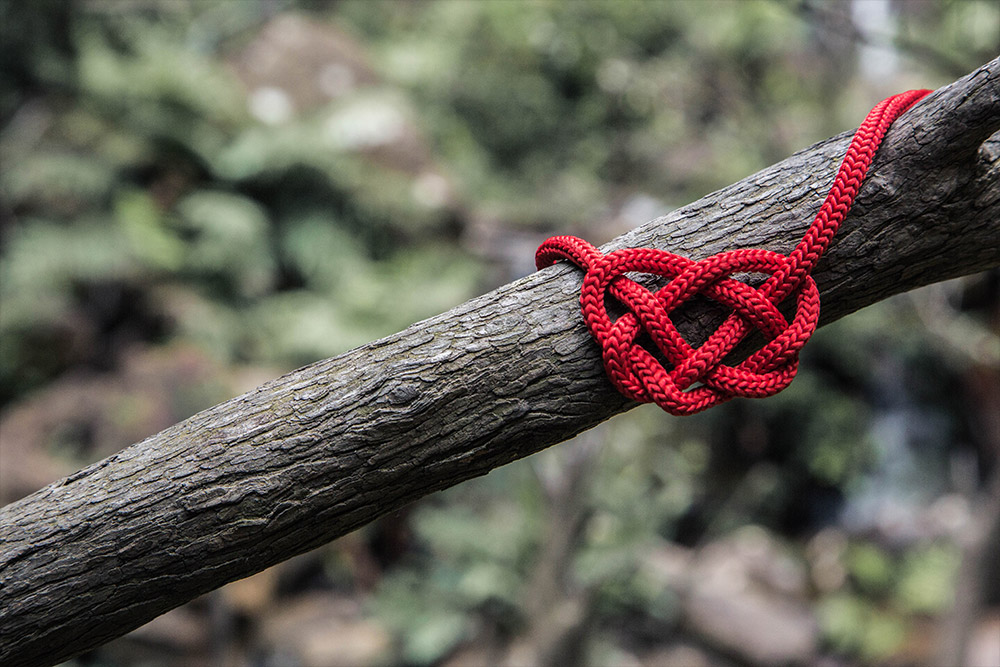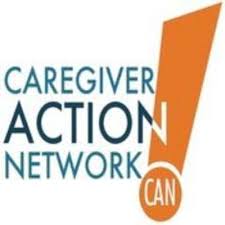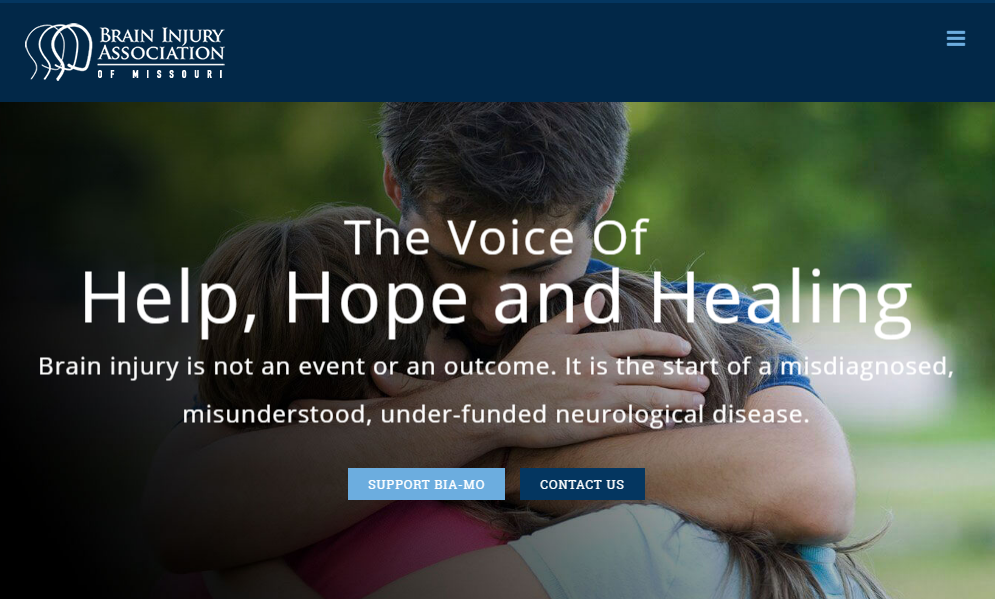Care, Support and Resources for Adults with Congenital Heart Disease
Most people know that February is Heart Month but few know that the week of the 7th-14th is also Congenital Heart Disease (CHD) Awareness Week.
Recently, there has been a wave of awareness for CHD. That is wonderful, but the belief that following surgery a patient is “fixed,” or that CHD is a childhood condition, is still widely held. As research and our understanding of CHD improve, however, we know that not to be true. Adult CHD patients are at risk for arrhythmia, stroke, sudden cardiac death, heart failure and changes in heart function which often require additional interventions, including medication, cardiac catheterization, and surgery.

Misty Sharpe, Membership and Volunteer Coordinator, Adult Congenital Heart Association
Most people know that February is Heart Month but few know that the week of the 7th-14th is also Congenital Heart Disease (CHD) Awareness Week.
Recently, there has been a wave of awareness for CHD. That is wonderful, but the belief that following surgery a patient is “fixed,” or that CHD is a childhood condition, is still widely held. As research and our understanding of CHD improve, however, we know that not to be true. Adult CHD patients are at risk for arrhythmia, stroke, sudden cardiac death, heart failure and changes in heart function which often require additional interventions, including medication, cardiac catheterization, and surgery.
The Adult Congenital Heart Association (ACHA) is an organization dedicated to improving the lives of adults with CHD and stressing the importance of lifelong care through education, advocacy and research.
Less than 10 percent of adults with CHD receive the appropriate care according to the guidelines released by the American College of Cardiology and American Heart Association. The guidelines state that anyone with a CHD should be seen by an Adult Congenital Heart Disease (ACHD) specialist at least once, and more complex CHD patients should be followed regularly. If you are not currently seen by an ACHD specialist, you can search ACHA’s online Clinic Directory to identify a program in your area.
Although CHD is not a one size fits all diagnosis and each person’s journey is different, many patients experience additional stressors that have profoundly impact their lives. Some of these stressors include a change in health or quality of life that may affect their ability to work, difficulty accessing care and navigating a complicated disability and appeal process.
The ACHA offers patients peer support through our Heart to Heart Ambassador Program. It is comprised of ACHD patients and loved ones who are trained to speak with our members who may be experiencing one of the above issues, a new diagnosis or upcoming surgery, or have additional questions related to their CHD, such as pursuing pregnancy.
When you visit the Your Heart section of ACHA’s website, you’ll find a wealth of educational information on various topics in Webinars and PDF downloads. Regional and national conferences are also offered throughout the year.
Membership is free and includes a new-member packet with educational materials, a personal health passport and travel directory, access to an online discussion forum and a monthly newsletter so you can stay updated on the latest news, events and ways to get involved. I hope you’ll join us at ACHA and empower yourself with the knowledge and resources to be your own best advocate.
Editor’s note: Individuals with ACHD who need information and help applying for disability benefits can click here to access a free SSDI eligibility assessment.
Allsup
Related Articles

Uncategorized
Helping Family Caregivers With What They Need to Know

Uncategorized
Understanding MS and Disability Benefits

Uncategorized
BIA-MO Gets Real about Brain Injury Awareness

